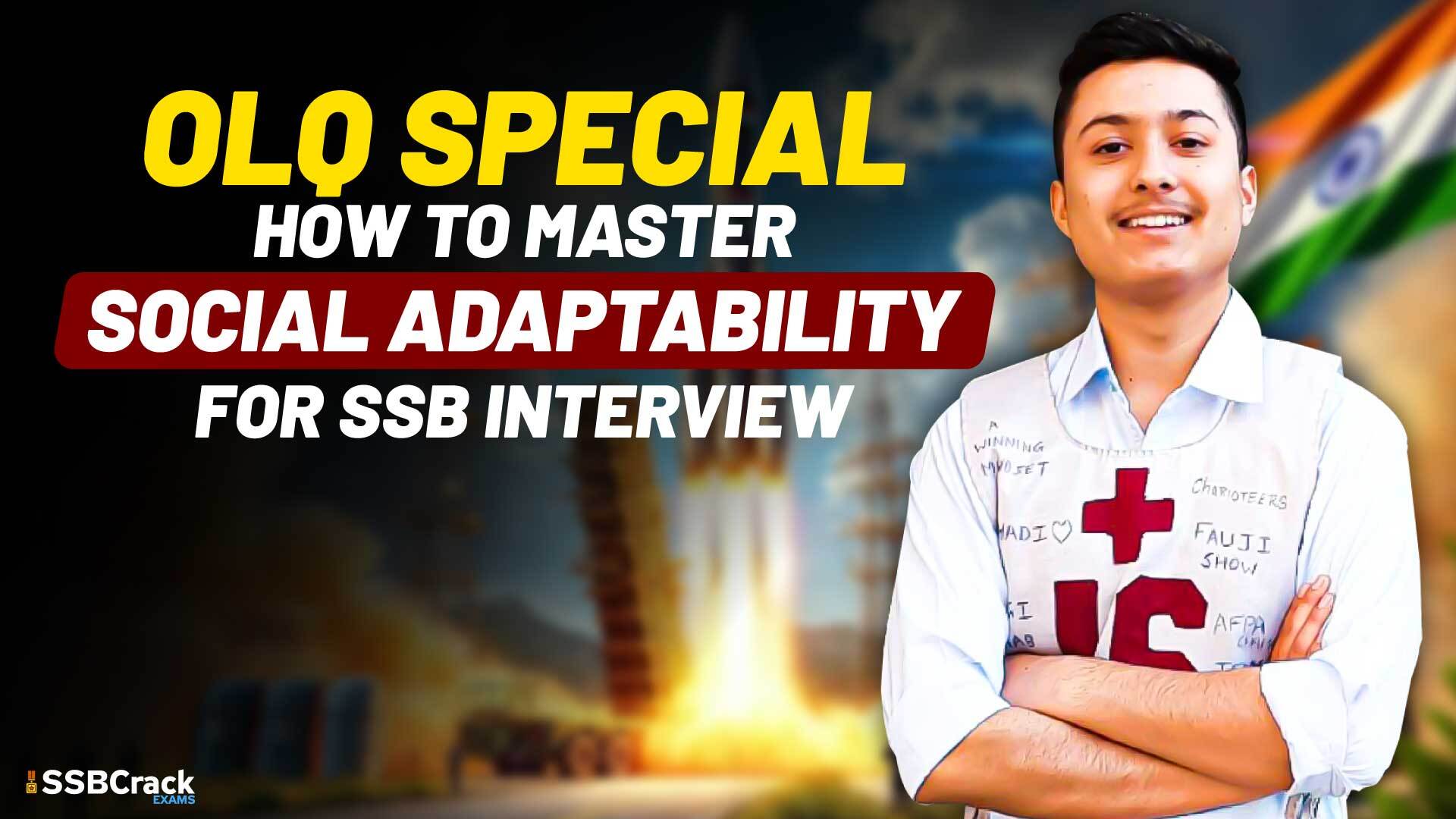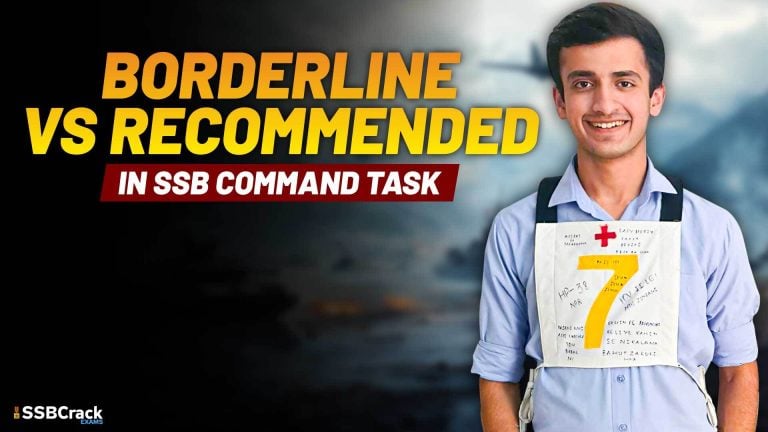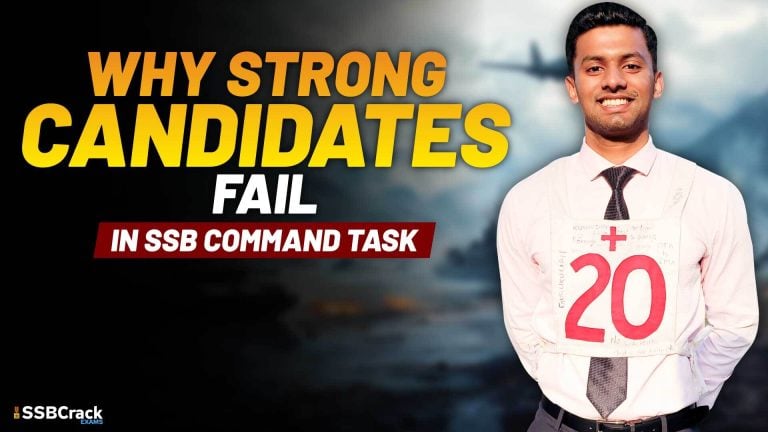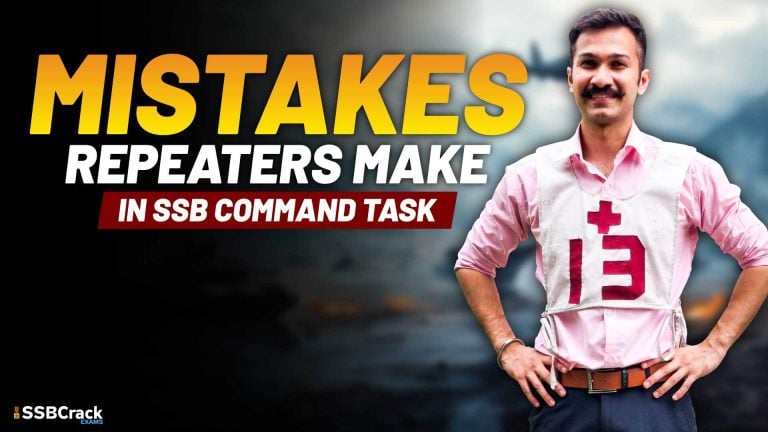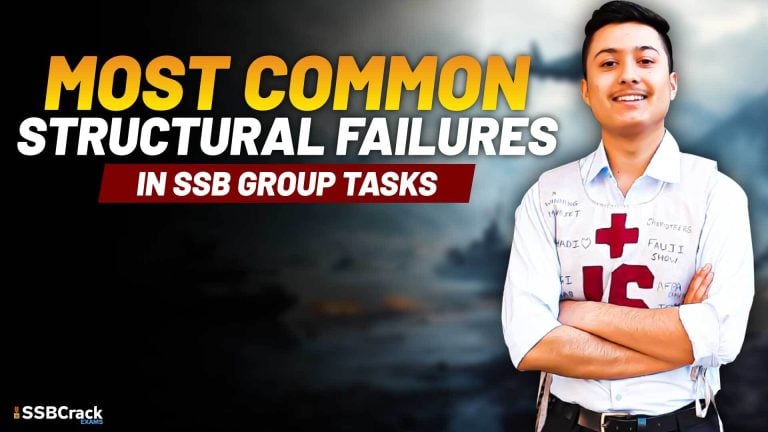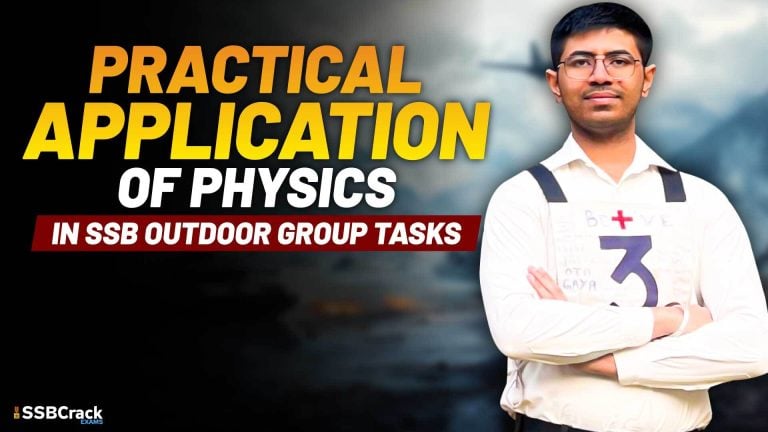In the five-day journey of the SSB Interview, where 15 Officer Like Qualities (OLQs) are tested, one quality that often operates silently but leaves a deep impact is Social Adaptability. This OLQ reflects how well a candidate can adjust to new environments, different personalities, diverse opinions, and high-pressure group settings — all while maintaining harmony and effectiveness.
If you want to be a future officer, you must not only lead but also blend, bond, and build with others. In this article, we’ll understand:
- What Social Adaptability is
- Where and how it is evaluated in SSB
- How aspirants can demonstrate it effectively
- Practical ways to develop this OLQ at home, college, or the workplace
What is Social Adaptability?
Social Adaptability refers to:
“The ability to adjust well to different social environments, interact effectively with people from diverse backgrounds, and maintain harmony in interpersonal relationships.”
A socially adaptable person is:
- Emotionally mature
- Open-minded and tolerant
- Comfortable with unfamiliar people or ideas
- Capable of blending into groups quickly and maintaining cooperative spirit
- A natural connector, not just a communicator
In the military, officers often lead teams composed of individuals from different regions, religions, ranks, and temperaments. Hence, this trait is non-negotiable.
Where Is Social Adaptability Assessed in SSB Interview?
1. Screening Test
- PPDT Group Discussion:
Blending into a group of strangers, listening, speaking constructively, avoiding conflict.
2. GTO Tasks
- Group Discussion (GD):
Respecting others’ viewpoints, being cooperative, avoiding dominance or submissiveness. - Group Planning Exercise (GPE):
Working as a cohesive unit to solve problems together, compromising when necessary. - Progressive Group Task (PGT), HGT, FGT:
Physical and mental cooperation during team-based outdoor activities.
3. Personal Interview
- Questions about your interactions with friends, teachers, juniors, strangers, or people in authority reveal your social behavior.
4. Psychological Tests
- TAT & SRT:
Your responses often show how you work with or help others, settle conflicts, or respond to social friction.
How Is Social Adaptability Evaluated?
Assessors look for:
- Comfort and openness in a group of unknown people
- Willingness to listen, adjust, and cooperate
- Ability to understand perspectives different from one’s own
- Maturity in handling disagreements, ego clashes, or group confusion
- Non-verbal cues like smiling, attentive body language, and calm reactions
They are not looking for someone who pleases everyone — but someone who adapts, connects, and contributes meaningfully to the group.
How Can Aspirants Showcase Social Adaptability?
✔️ In Group Tasks (GD, GPE, PGT):
- Don’t dominate or interrupt others
- Appreciate good ideas from teammates
- Be encouraging, inclusive, and solution-focused
- Avoid getting into verbal fights — agree to disagree when needed
- Offer help if someone struggles in physical tasks
✔️ In Personal Interview:
- Share examples of adjusting in diverse settings: hostel, college fest, cultural exchange, internship team, etc.
- If asked about conflict situations, show that you handled them maturely, not emotionally
✔️ In Psychology Tests:
- Use storylines or reactions that show helpfulness, tolerance, and collaboration
- Avoid selfish, reactive, or dismissive behaviors in written responses
How to Develop Social Adaptability in Real Life
Here are realistic and effective ways to build this trait across different environments:
At Home
- Take Part in Family Discussions or Decisions
- Respect diverse views across age groups
- Adjust your opinions without confrontation
- 🔹 Builds patience, emotional intelligence
- Host Guests or Attend Social Gatherings
- Initiate conversations with elders, relatives, or new people
- 🔹 Improves comfort in varied social settings
- Manage Conflicts Among Siblings/Parents
- Find solutions without arguing or reacting harshly
- 🔹 Builds maturity and mediation skills
At School/College/University
- Join Diverse Clubs or Volunteer Activities
- Work with people from different backgrounds, ideologies
- 🔹 Enhances adaptability and teamwork
- Participate in Group Projects or Fests
- Cooperate under pressure, accept group decisions, share responsibilities
- 🔹 Promotes tolerance and synergy
- Attend Cultural or Inter-College Events
- Interact with new people and different ways of thinking
- 🔹 Increases social fluency and comfort
At Workplace/Internship
- Work in Cross-Functional Teams
- Collaborate with people from different departments or hierarchies
- 🔹 Teaches adjustment and collaboration
- Handle Customer/Client Interactions
- Listen to concerns, maintain politeness, solve problems
- 🔹 Builds empathy and conflict-handling grace
- Navigate Office Politics or Ego Clashes
- Avoid gossip, manage behavior respectfully, focus on work
- 🔹 Builds emotional regulation
Final Thoughts
In the SSB, you’re not just tested as an individual — you’re tested as a socially responsible leader. Social Adaptability helps you adjust to any team, embrace differences, and foster unity — the hallmarks of a true officer.
The Armed Forces thrive on brotherhood, diversity, and harmony under pressure. By cultivating this OLQ in everyday life, you’re not only preparing to get recommended — you’re preparing to serve with grace, grit, and emotional strength.
